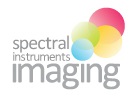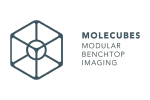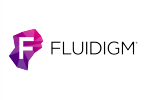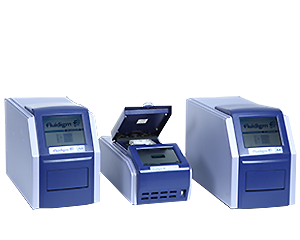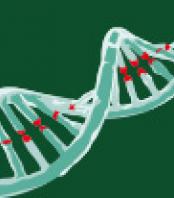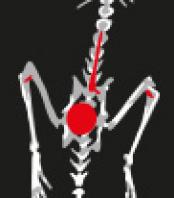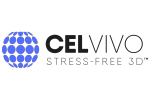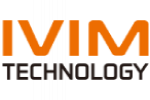Through a combination of Fluidigm’s exclusive integrated fluidic circuits (IFCs) and controllers, Access Array creates amplicon libraries using a unique tagging protocol, in which primers attach sample-specific barcode sequences and sequencer-specific tags to each PCR product. Multiplex primers build libraries of 480 amplicons per sample, and barcode sequences let you run up to 384 samples in one multiplex sequencing run, delivering the most efficient and accurate library preparation available.
Successful targeted sequencing depends on quality library preparation, and successful prep depends on the Access Array system. Combining the high throughput and low cost benefits of microfluidics with unparalleled PCR performance, Access Array provides superior quality amplicons for SNP identification, sequence variation and mutation detection across hundreds of samples, taking your DNA from sample to sequence-ready in no time.
Steven Hoffman, Senior product application scientist at Fluidigm corporation, describes how the Access Array System was used to identify and detect cancer mutations in a noninvasive manner.



